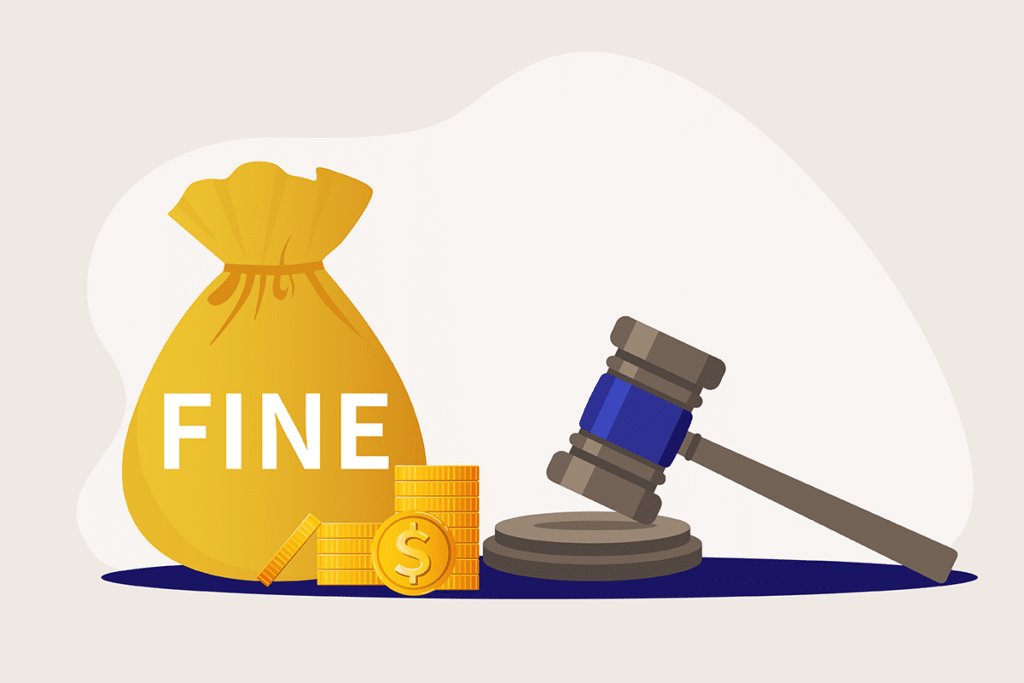Applying for discharge of an infringement
Have you been arrested and bailed by the Sheriff to attend the Magistrates’ Court for unpaid fines?
If so, you need to see a lawyer who regularly handles these cases. Our lawyers represent clients for infringement matters daily. If you don’t have legal representation, the repercussions could be severe. We know of a case where a Magistrate sent a defendant to prison for two years for infringement matters. This was problematic for two reasons:
- The person was unrepresented; and
- There are limited options to appeal once a Court has made a decision, although it is possible to seek a rehearing or Judicial Review (in limited circumstances).

Fortunately for the defendant referred to above, the Chief Magistrate intervened and rectified the decision, but it highlights what can happen when a defendant attends court without a lawyer.
To see how a discharge might be achieved in your case, call our office and have a conference with one of our lawyers today. Every case is different, but a significant discharge can often be achieved with the right materials, advice and representation.
Discharge of unpaid fines during a s 165 hearing
If you have been arrested following the issue of an enforcement warrant (under s 109(2)(b) of the Fines Reform Act 2014 (FRA), you may appear before the Magistrates’ Court to be sentenced under s 165. This situation may arise if you do not consent to, are ineligible for, or breach a community work permit.
During a section 165 hearing, the Magistrate can discharge any relevant infringement fine in whole or part. To do so, the Magistrate must be satisfied (per s 165(2)) that:
- you have a mental or intellectual impairment, disorder, disease or illness (s 165(2)(a)); or
- having regard to your situation, imprisonment would be excessive, disproportionate or unduly harsh (s 165(2)(c)); or
- you are a victim of family violence, which substantially contributed to you being unable to control the conduct that constituted the offending (s 165(2)(d)).
If the Magistrate is satisfied with any of the above matters, the court has the option (per s 165(1)) to:
- discharge any relevant infringement in full;
- discharge any relevant infringement in part;
- discharge any relevant infringement fine in part and order that you serve a term of imprisonment for the remainder of the fine calculated in accordance with s 165B FRA.
Generally, due to the operation of s165(4)-(5), an order to discharge in part with an imprisonment order is usually made as an ‘imprisonment in lieu‘ order under s 165A(2). That is, placing a person on an instalment plan for the outstanding debt and attaching a warrant to imprison to the order (meaning that the warrant would be executed following contravention of the instalment order).
See ‘Imprisonment and sentencing under s 165‘ for more on the sentencing outcomes available during a section 165 hearing.
When imprisonment would be excessive, disproportionate or unduly harsh
In the case of Fernando v Port Phillip City Council & Ors [2011] VSC 592, the Court of Appeal outlined scenarios in which imprisonment may be excessive, disproportionate or unduly harsh. Such scenarios in which it may be appropriate to enliven s 165(2)(c) include:
- A single parent with young children who would be placed in State care if the parent was incarcerated;
- A sole family provider, where the family would be left destitute or at risk of dispossession if the infringement defaulter was incarcerated;
- Where the amount of the infringement debt has completely overwhelmed the defaulter, causing them to be unable to take any action;
- Where the defaulter experienced a prolonged period of illness but has since resumed employment (Fernando v Port Phillip City Council & Ors at [37]).


